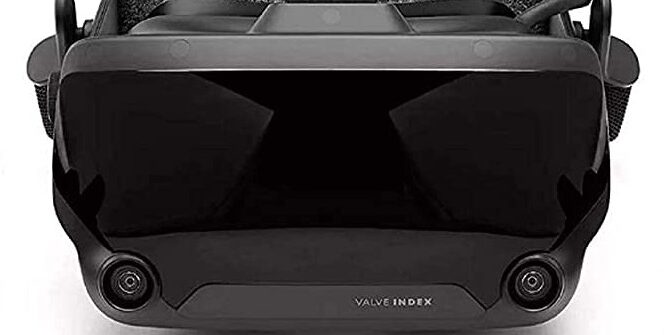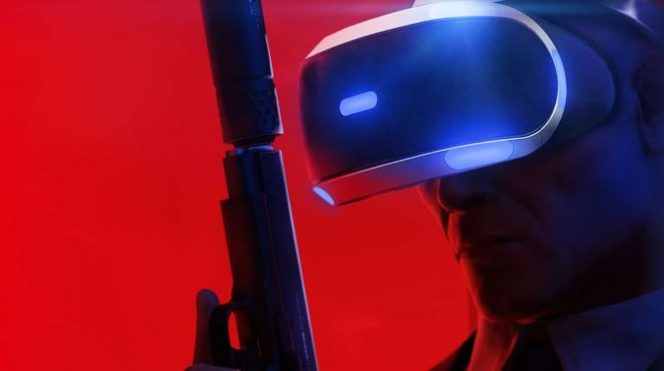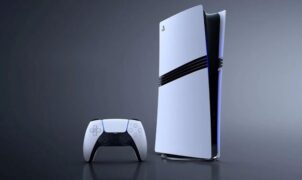TECH NEWS – Concept files for Valve‘s potentially AMD-powered wireless headset, codenamed “Deckard”, have been posted on Steam VR. The future, it seems, is standalone helmets.
Valve may have another VR headset in the works after the excellent Index, but this time it could be a fully standalone peripheral. Like the Oculus Quest VR headsets, the Blade Runner-inspired ‘Deckard’ codename suggests that the helmet will use its processor, battery and internal tracking solutions rather than hardware inside the PC.
The rumour gained traction after YouTuber Brad Lynch told us that a friend, ‘m3gagluk‘, discovered a suspicious code name hidden in a Lighthouse driver file in the Steam VR folders. These consist of input profile references and proof of concept (POC) files, which reveal that “Valve has been reworking Deckard over the past year to work with Steam VR,” Lynch says.
There was some scepticism around the revelation, but given that wireless headset patents surfaced in March – others patented straps that include a pair of Wi-Fi receivers – chances are it could become a reality.
In a recent interview with The Verge, Valve’s product designer Greg Coomer explained that the semi-custom AMD processor used in the Steam Deck has great potential for use in a standalone VR headset, noting, “It would work well in that environment, with the TDP we need… it’s very important to us and our plans”.
Potentially very important. Although what VR gaming platform such a headset would run on is a more difficult question. The Oculus Quest 2 runs its suite of games from its store, while titles offered through Steam VR generally require more powerful PC components to run ideally.
Either way, with new information recently being added that hints at the third iteration of Deckard’s proof of concept, it seems increasingly likely that we could soon see a successor to Valve’s Index enter the picture.
This is very exciting, especially as the original Index quickly established itself as one of the best VR headsets with impressive specs. A wireless, AMD-powered, standalone version that could even work tethered to a PC would undoubtedly be a welcome addition to the family. The revelation puts even more weight on the potential for the future of VR to be dominated by standalone headsets and move away from PC-based VR.
Source PC Gamer







![[TGA 2025] Star Wars: Galactic Racer Focuses on High-Stakes Podrace Runs [VIDEO]](https://thegeek.games/wp-content/uploads/2025/12/theGeek-Star-Wars-Galactic-Racer-302x180.jpg)









Leave a Reply